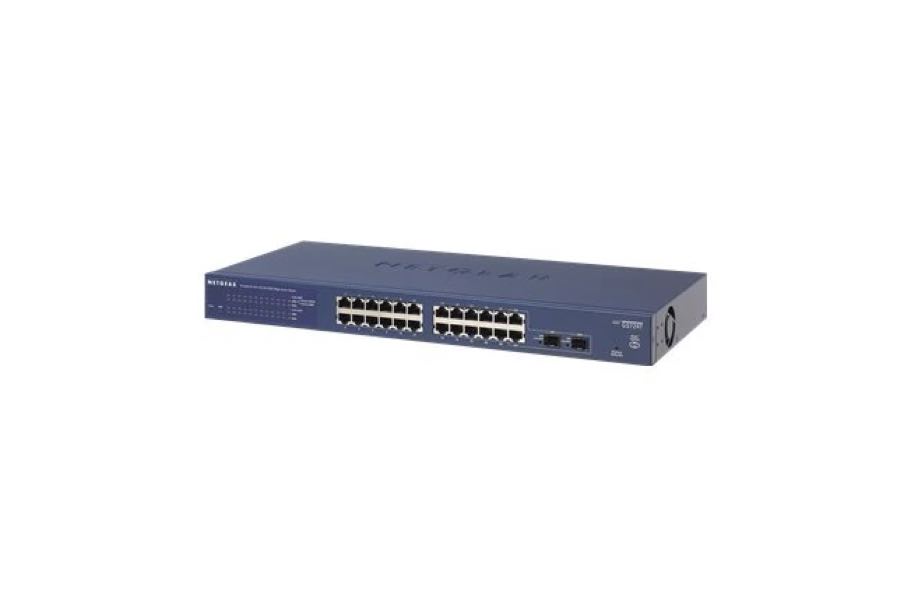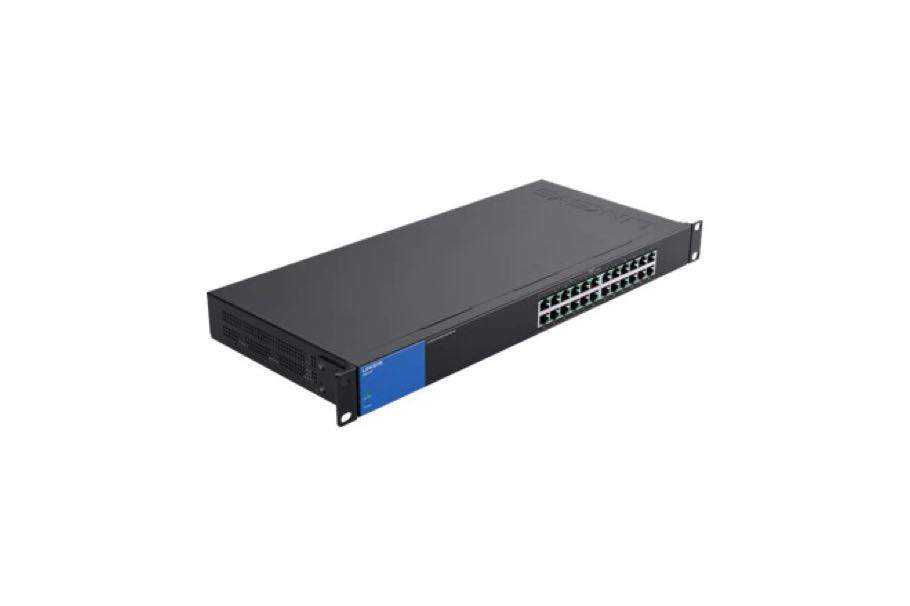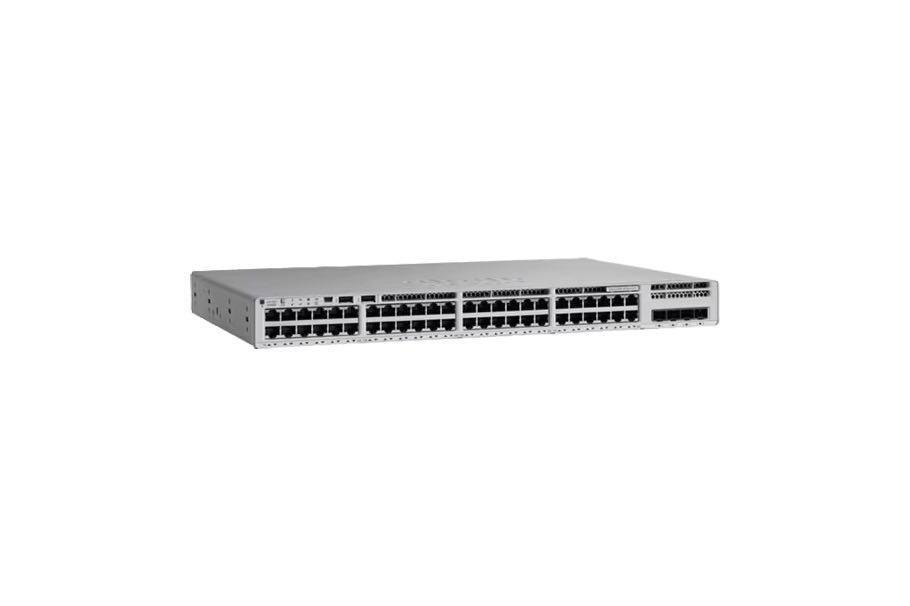Network Switches
Connect More Devices
As your business grows, so does the number of devices your organization uses. Get best-in-class network switches built to handle heavy data loads without missing a beat. Velocity Solutions has teamed up with leading manufacturers to deliver great deals on network switches.
Expand Your Network
A network switch is a device used to connect two or more computers, laptops, tablets and other devices on a network. It allows multiple users on the same network to communicate with each other by providing a central hub for sending and receiving data. For example, if you have several computers connected in a home or office network, they can rapidly exchange information such as emails and files over the switch quickly and efficiently. Network switches come in different types, including desktop/rack-mountable models, small form factor versions, managed switches and more.
Why Network Switches?
- Improved Performance: By connecting multiple devices directly to the switch rather than through a hub, data can be transferred more quickly and efficiently. This can lead to improved speeds and reduced latency, especially in larger networks.
- Increased Security: Switches can offer increased security compared to hubs as they can provide features such as port-based access control which can restrict which devices are able to connect to the network.
- Enhanced Reliability: Switches are typically more reliable than hubs as they have less circuitry which can fail. In addition, many switches offer redundant power supplies and other features which can help to keep the network running even if there is a problem with one of the components.
Network Switch Benefits
Using a network switch has numerous benefits that allow businesses to maintain maximum performance and reliability. For starters, switches can boost overall performance by providing a direct connection between multiple devices instead of relying on a hub to transfer data. This can improve speeds and reduce latency in larger networks.
In addition, network switches also provide enhanced security features such as port-based access control, which helps to restrict which devices can connect. This is particularly useful for organizations that need more significant levels of security within their networks. Finally, switches also tend to be more reliable than hubs due to their more straightforward design and increased redundancy, allowing them to keep running even if one component fails. All these factors make using a network switch an excellent choice for any business looking for increased performance, improved security and superior reliability from their networking infrastructure.
Our Network Switch Options
‘

1. Managed
A managed network switch is designed for medium to large networks requiring more advanced control and management capabilities. It provides better control over data transmission, with features such as traffic prioritization, VLANs, port-based access control, quality of service (QoS) and monitoring capabilities. Unlike unmanaged switches, which rely on basic hardware controls, managed switches offer more sophisticated features that allow administrators to create robust internal or external networks. They also include options for remotely controlling the switch via a web-based interface from anywhere in the world.
2. Unmanaged
An unmanaged network switch is a physical device connecting two or more computers, laptops, tablets and other devices on a network. It is designed for critical functions such as sharing an internet connection or transferring files between devices. Unlike managed switches, which offer advanced features such as traffic prioritization, VLANs, port-based access control, quality of service (QoS) and monitoring capabilities, an unmanaged switch relies on simple hardware controls such as in-built ports and LED lights for basic data routing and transmission.


3. Modular
A modular network switch is designed to provide greater scalability, flexibility and easier maintenance for more extensive networks. It consists of multiple ‘modules’ which can be configured and replaced as needed to add additional features or increase the switch’s capacity. Modular switches are often used in enterprise-level networks where increased control, management and reliability levels are required. They allow administrators to customize the device’s performance based on their needs while providing more options for connecting devices such as routers, servers and other network equipment.